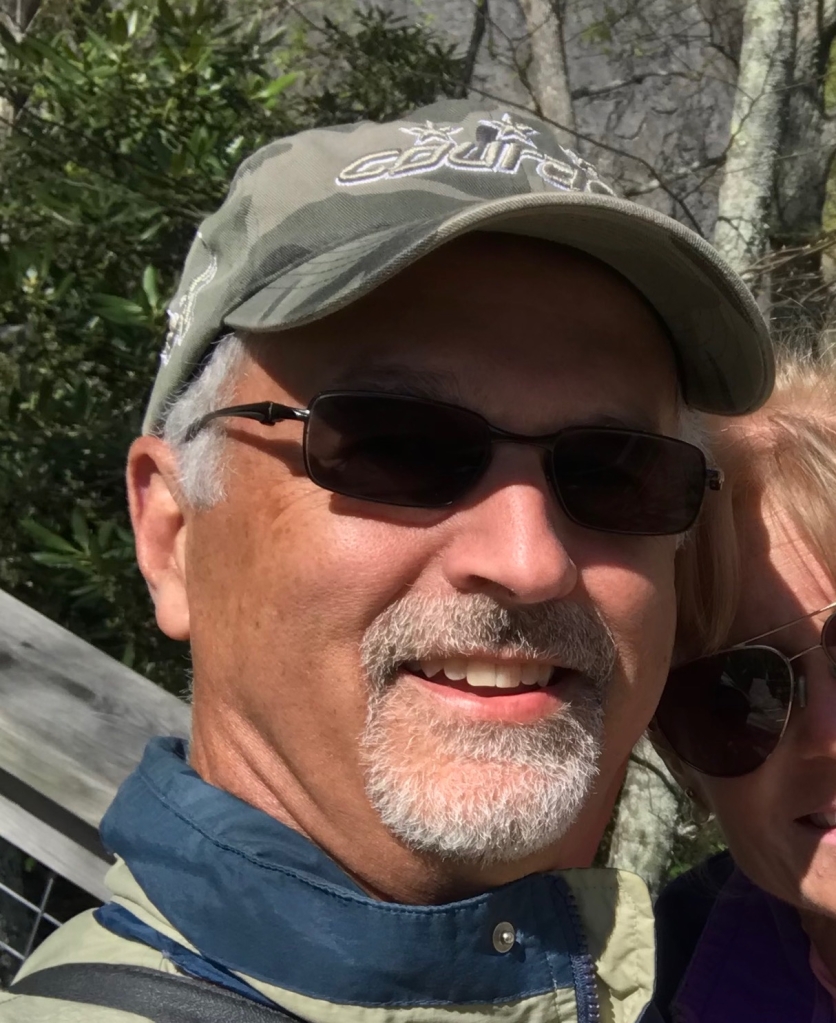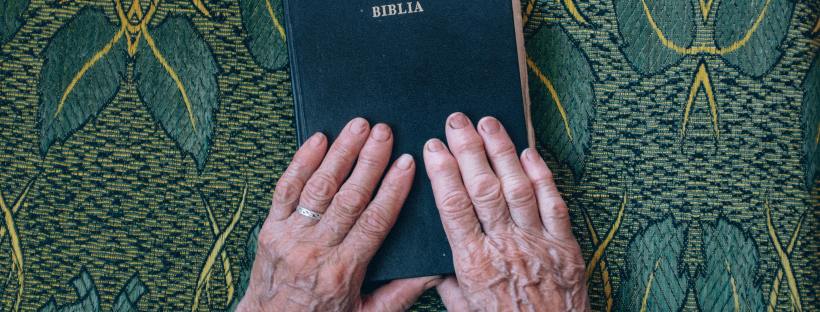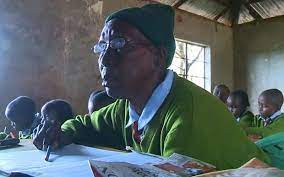Post 7 of 11 in a series on the 10 Principles of Older Adult Ministry (banner image by Raul Petrie from Unsplash)
A 90-year-old midwife in rural Kenya who could not read or write decided to go to school with six of her great-great-grandchildren to learn to read and write so she could journal and pass down her experiences and knowledge to the next generation. “Education has no age limit,” said Priscilla Sitienei, the 90-year-old Kenyan midwife.[1]
In March 2020, our church, like many across the country, stopped in-person gatherings. Within weeks, our older adult class on Sunday mornings stopped meeting. “Zoom is too difficult,” some said. By fall, however, they longed so deeply for relational contact with their class peers that they trained and learned how to use Zoom for classroom gatherings. Within months, members now confident with their newly learned computer skills were helping others use Zoom – and they were using Zoom to connect with their extended families!
We all have preferred ways of learning, but if there is one constant in older adult lives, it is change. Physical, cognitive, social, or financial, changes are real. A heart attack, diminished eyesight, death of a significant other, reduced income, slowed memory, each of these often force older adults into new ways of living, but older adults adjust, change, often try new ways to engage in their daily routines, their passions, their relationships, and even to challenge their mind and just do something different. It is important for the church to create a supportive culture for growing old, while at the same time thinking about new ways to do old things.
Alice Updike Scannell, in her book Building Resilience: When There’s No Going Back to the Way Things Were, identifies five conditions that help adults navigate resilience: self-awareness, supportive relationships, openness, reflection, and humor.[2] While these conditions help older adults with resilience, they are important for the church to cultivate in an environment where older adults can navigate new ways of learning. Self-awareness helps us know ourselves and strengths and needs. We can feel free to ask for help. Supportive relationships encourage us even when we think we cannot. Openness is the gate to doing things in new ways. Reflection helps us see where we are in the present. And we all need a bit of humor so we can take ourselves lightly.
So, if we have an environment conducive to learning, what are some ways we can begin to engage older adults in learning in new ways? Here are some specific examples of adapting preferred ways of learning:
- When reading eyesight diminishes, introduce hearing stories through audio books. Ask a volunteer to read aloud. Consider telling a story through pictures.
- TV screens too small? Use a projector to enlarge the picture.
- Use a microphone instead of shouting.
- Do mixers that do not require standing but create camaraderie around the table.
- Intentionally group people. No one is to be alone.
- Connect young people with older adults to teach useful “how to” skills in using technology.
- Offer opportunities for older adults to learn new skills, such as drawing, photography, finances, meditation, gardening, using the computer.
- Use different multiple intelligences when teaching a lesson.
- Keep the pace slow; allow time to pause and reflect.
- Offer mission and service opportunities that specifically engage older adults.
- Write instructions (or reminders) on paper.
- When doing activities, offer choices that have different required skills.
When I work with older adults, I often try to use an activity from Barbara Bruce’s Mental Aerobics: 75 Ways to Keep Your Brain Fit. These simple, yet challenging activities (ice breakers), engage older adults in fun, interactive ways. My rules: 1) always have fun, 2) always do it in groups (so everyone feels smarter or can laugh together), and 3) build relationships. Most older adults will try new ways to engage if they feel supported, encouraged, and work with someone.

[1] https://www.bbc.com/future/article/20170828-the-amazing-fertility-of-the-older-mind. (Accessed June 15, 2021)
[2] Updike Scannell, Alice. Building Resilience: When There’s No Going Back to the Ways Things Were. New York: Morehouse Publishing, 2020. 7.


